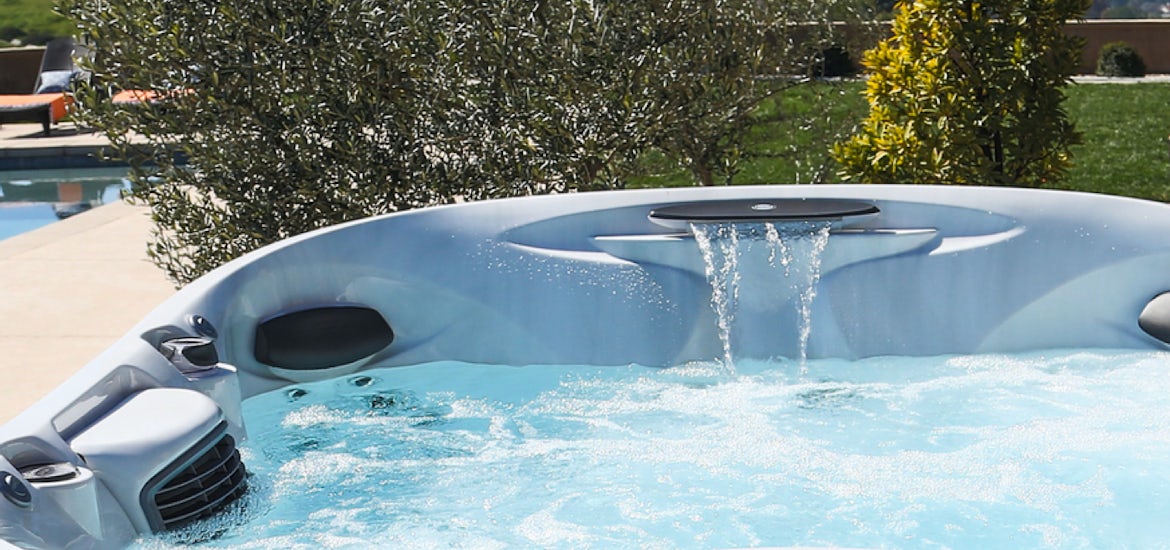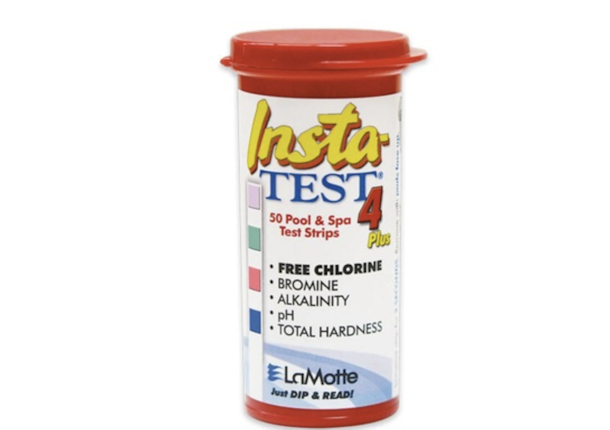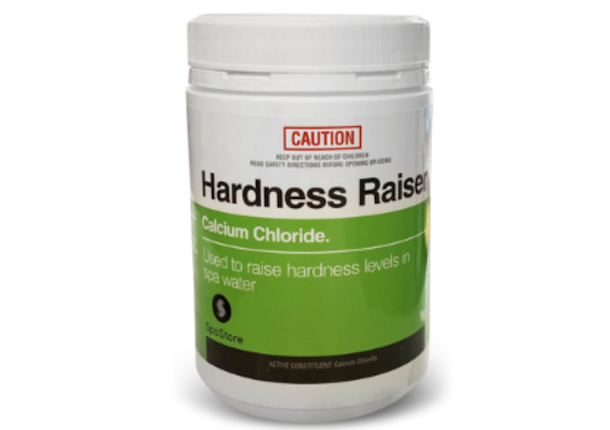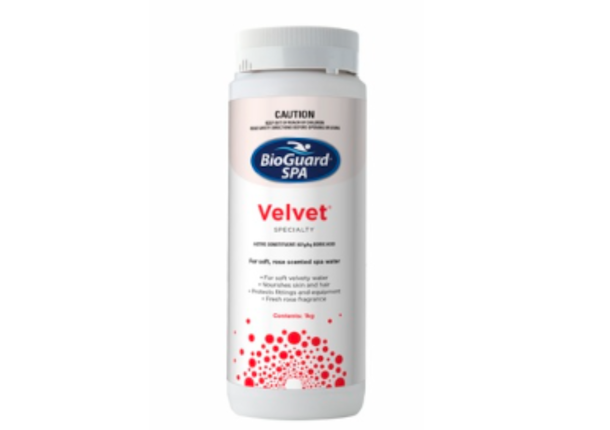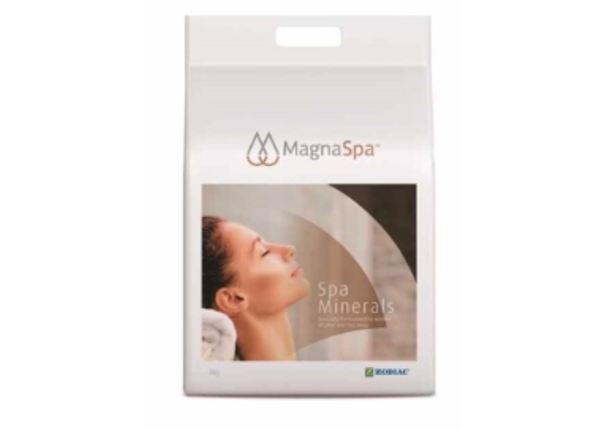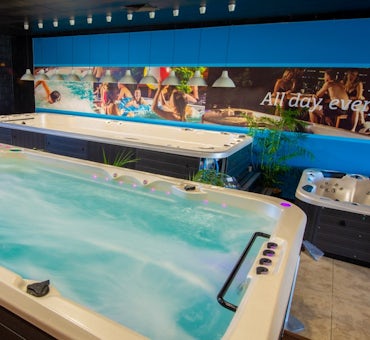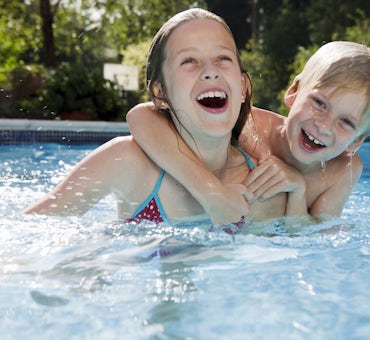Calcium hardness can affect the water quality and component life in your spa pool and surrounding areas if levels are not kept within the safe range.
But, what is calcium hardness exactly and why is keeping it balanced so important? Let’s dive straight into the deep end!
This article covers:
